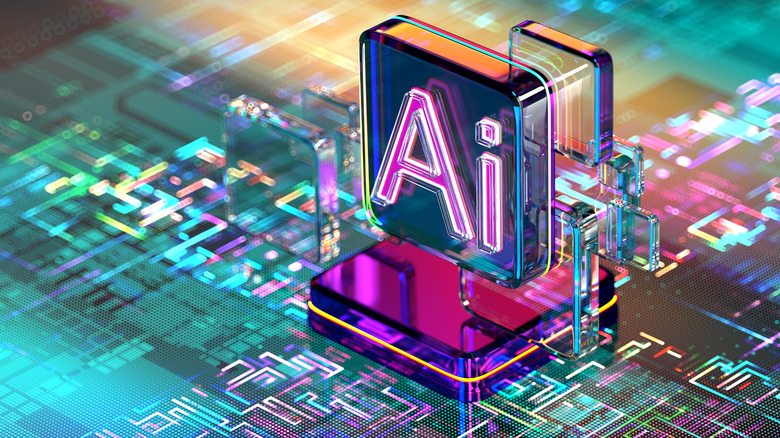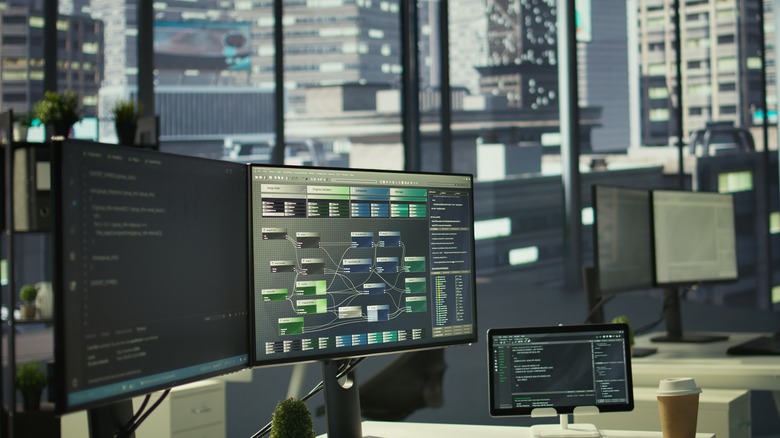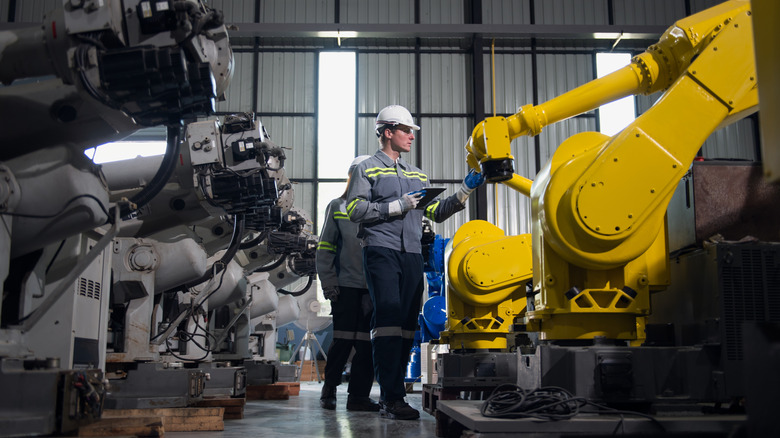The Jobs AI Is Taking First Aren't The Ones You Might Expect
Artificial Intelligence is transforming workplaces around the world. According to the World Economic Forum, 60% of corporate leaders polled see digital access as something that will change their businesses. and of these, 86% see AI and information processing as being a factor. That transformation will lead to new jobs are being created, but also to old ones going away, and that translates into job cuts. Along with pressures such as geopolitical tension, AI will be a prime factor in the closure and opening of 22% of jobs. This includes 170 million jobs created and 92 million jobs lost, but not necessarily in that order.
The WEF sees clerks and secretaries, including administrative assistants and executive secretaries as being some of the positions that will lose the greatest number of jobs. Jobs in IT companies are not safe, either, with IBM and Meta cutting headcounts, especially in non-technical roles. IBM in particular is replacing HR workers with AI-powered agents. Even jobs that remain will feel the effect of AI introduction. Walmart CEO Doug McMillon says that, "Every job we've got is going to change in some way."
Where AI will generate jobs
The job shifts brought on by the AI revolution turn up in some surprising places. While IT companies such as IBM are eliminating non-tech positions such as human resources, the company is adding new technical staff like prompt engineers and automation specialists. The positions with growing demand are what IBM CEO Arvind Krishna says are "critical thinking" focused.
Some industries that are completely outside IT may be more directly affected by the introduction of AI. First and foremost, there is a need to build infrastructure such as data centers. This means that skilled manual labor is increasingly in demand; more plumbers and carpenters and especially electricians will be needed. Like the tech jobs that are increasing in number, these positions do not have much in the way of repetitive tasks. However, that does not mean that skilled blue collar jobs will be in demand for long. The reason is that growth of AI is accompanied by another rising industry.
AI outside of the office
The AI systems that are replacing office workers are only one facet of artificial intelligence. Robotics is also changing with the introduction of AI. According to Intel, robots are now picking fruit, making coffees, and greeting store customers. They can also be sent into the most dangerous of environments without risking loss of life or limb.
AI-powered robots will disrupt the job market, but the jury is out about whether it will be a net positive overall change or not. As with the IT sector, the change is likely to be lopsided, with positions that need less education and less decision-making disappearing. The St. Louis Federal Reserve notes that in the studies it has reviewed, robots tended to replace humans for work done by less educated workers. Today, robotic arms are commonly found on automobile assembly lines. The Fed expects them to be used for materials movement on assembly lines, too. AI, in the form of AI-controlled robots, seems to be finding its way from the office to the production floor.


